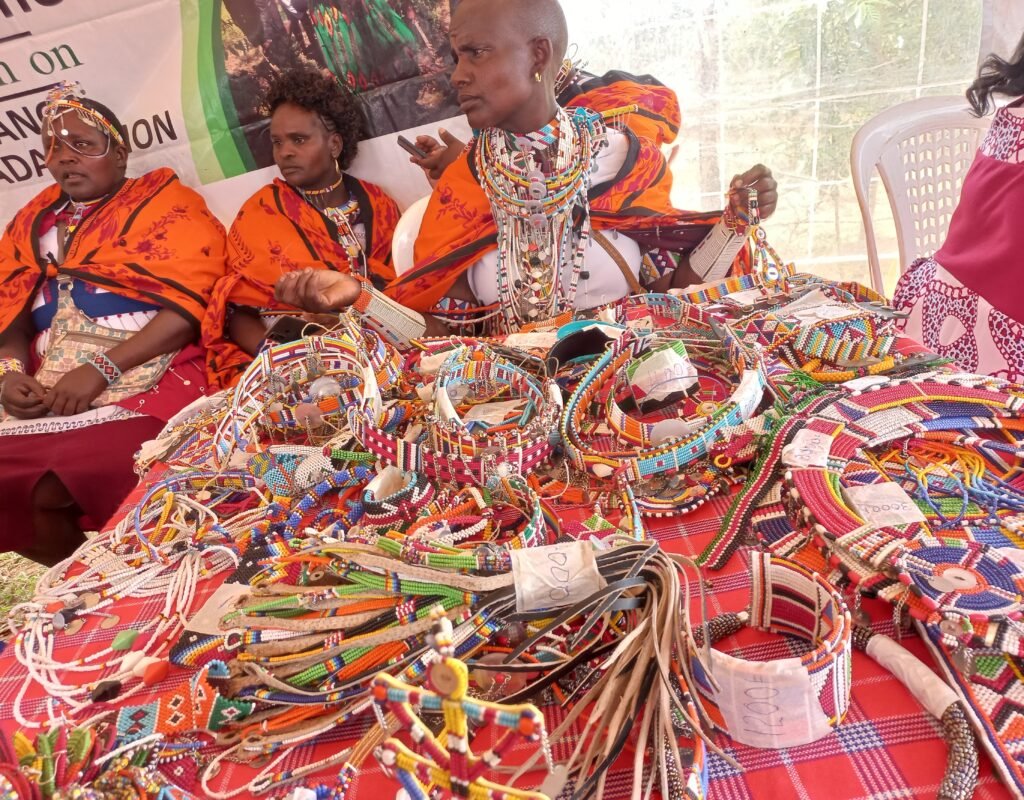By Wangari Ndirangu
For many years, women have often lacked access to formal financial services mostly due to limited access to and control over financial resources and physical assets especially land.
Cultural perceptions of women’s household roles often hinder their access to income.
However, Savings and Credit Co-operatives (SACCOs), community membership-based financial institutions formed by women, have been helping to bridge this gap by providing a safe and convenient place for women to save their money and access credit whenever they need it.
The Rural Women Network (RWN), for example, has registered five women-led cooperatives in Kajiado, aimed at championing enterprise diversification and providing women with alternative sources of income.
The network was formed to strengthen the participation of grassroots women, and enhance livelihoods through promotion of climate smart agriculture.
Kajiado County, which has historically identified with reliance on livestock as its primary economic driver in its predominantly arid environment, has been experiencing a notable transformation.
The emergence of multipurpose cooperative societies, spearheaded by a rural women’s network, has spurred diversification efforts, signaling a shift towards exploring alternative revenue streams.
Pauline Kariuki, founder of the Rural Women Network (RWN) told KNA that efforts to empower women through the multi-purpose cooperatives was informed in order to reduce reliance on livestock-dominated economies.
“Recognising the pivotal role of women in value chains and by enabling women to lead and market products such as beadwork and African leafy vegetables, these cooperatives aim to enhance their economic agency and grassroots engagement,” said Ms Kariuki.
Beadwork industry in Kenya has become a hot spot for revenue for most women especially in the pastoral Counties who not only sell their beads locally but internationally while the African leafy vegetables have become part of the Kenyan cuisine and culture whose potential has the ability to economically empower local communities especially the women.
She says that when she started out with a few women, she was targeting beadwork value chain in which the women were thriving on and this later evolved into a multi purpose cooperative model accommodating sectors such as vegetables and even fish and this approach has ensured cohesion and maximised the collective bargaining power of cooperatives.
Highlighting the benefits of cooperatives, Kariuki emphasised their collective bargaining power to increase market access and adaptability to changing market and weather patterns, mitigating the impact of factors like climate change.
James Ngoke, County Director of Cooperative in Kajiado County noted the importance of service provision in his departments noting that they prioritise and train individuals and showing them the significance of joining cooperatives.
“It is important to understand cooperatives as a business entity and very important from cooperatives such as the women led to be trained on financial literacy and adherence to by-laws,” he noted.
Agneta Saruni, a Cooperative officer in Kajiado, highlighted the necessity of diversifying economic activities in response to environmental challenges such as climate change and encouraged ventures such as poultry farming, beekeeping, and other alternative sectors in cooperatives so as to build resilience within local communities.
Reflecting on past hardships, Ms Saruni expressed pride in witnessing the transformation of community livelihood saying that despite initial skepticism, communities have embraced diversification, leading to tangible improvements in their economic well-being.
According to experts, in communities where women’s participation in the public sphere is limited, joining a cooperative offers a means of exercising voice and accessing leadership roles that would otherwise not be open to women.


